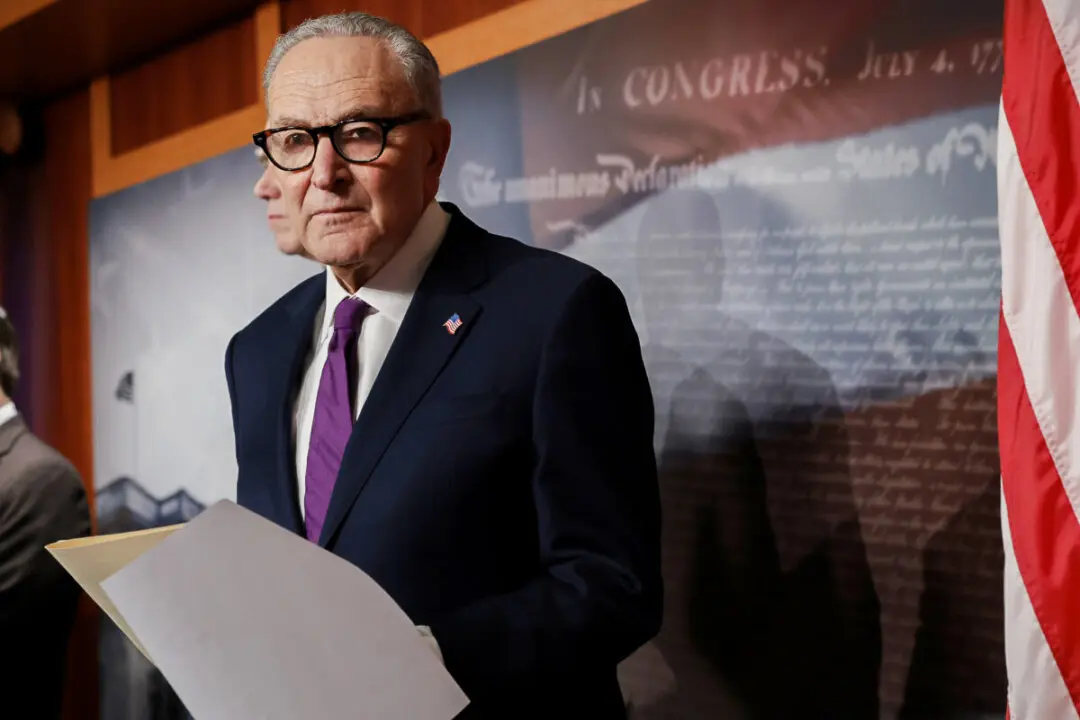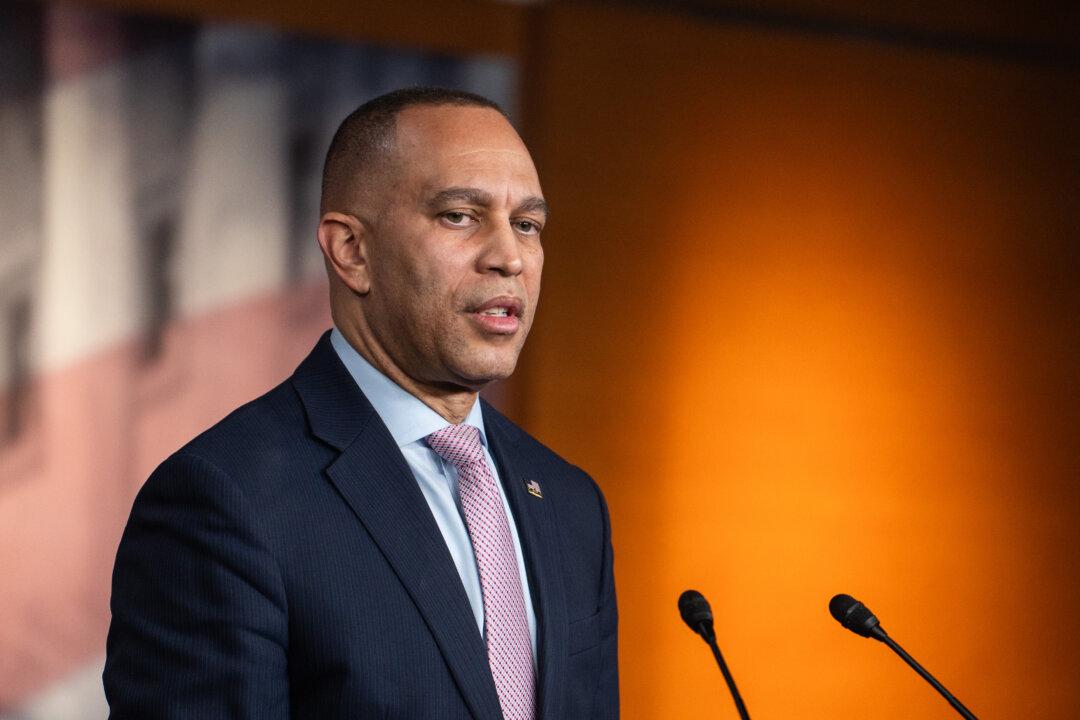“Civility is not a weakness, by the way, it is a strength,” Tennessee Gov. Bill Lee (R) said after at least one audience member interrupted him at the State of the State address Monday at the state capitol in Nashville.
The governor, going off script amid the heckling, was in the process of announcing a major injection of grant money into crisis pregnancy centers. This follows the state’s enacting of one of the nation’s strictest abortion laws following the overturning of Roe v. Wade by the U.S. Supreme Court.





